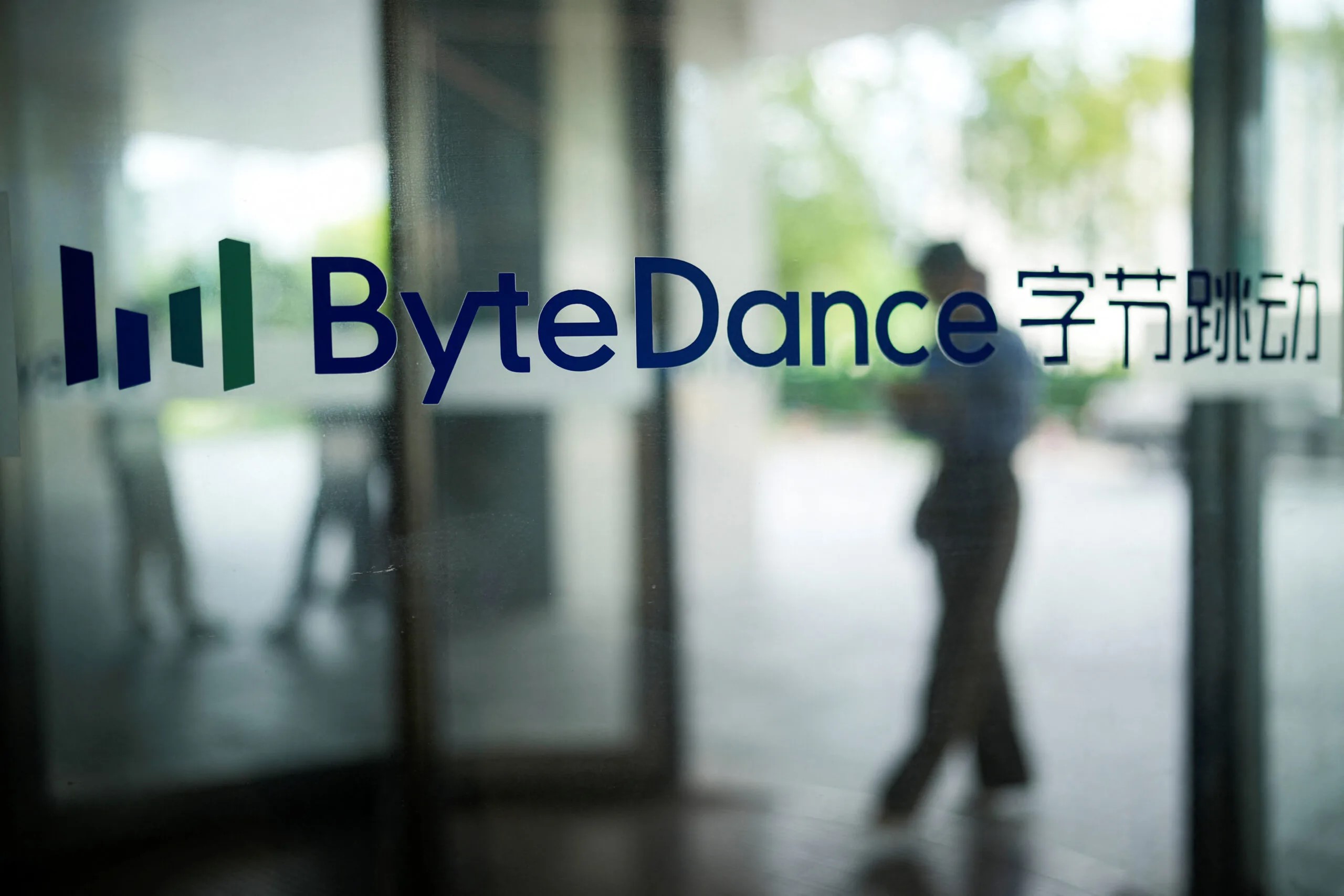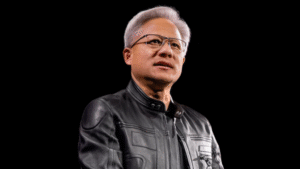ByteDance, the parent company of TikTok, has dismissed an intern for allegedly sabotaging the development of one of its key artificial intelligence (AI) models. The company, which is at the forefront of global AI innovation, stated that while the individual’s actions were malicious, reports of the severity of the incident have been overstated. ByteDance asserted that claims circulating on social media regarding significant financial and operational damage are exaggerated and inaccurate.
The incident gained public attention after rumors spread over the weekend, suggesting that the intern had tampered with the training of ByteDance’s Doubao generative AI model, a popular AI chatbot often compared to OpenAI’s ChatGPT. Doubao has emerged as China’s leading chatbot and is integral to ByteDance’s AI strategy, as the company seeks to expand its influence in the AI space both domestically and internationally. ByteDance’s heavy investment in AI technology has made the company a key player in the global race for AI dominance.
In response to the circulating rumors, ByteDance issued a statement clarifying that the intern had been part of the advertising technology team and had no experience with the AI Lab, which is responsible for the development and training of its most advanced AI models. “The social media profile of this individual, along with various reports, contain inaccuracies about their role and the extent of the damage,” ByteDance stated, adding that the individual’s actions did not affect the company’s broader AI operations, including its large-scale language models.
The company was quick to debunk claims that the incident had caused over $10 million in losses by disrupting an AI training system consisting of thousands of high-performance GPUs (graphics processing units). ByteDance characterized these allegations as grossly inflated, and confirmed that its core commercial AI systems were never at risk.
ByteDance’s response included swift and decisive action—terminating the intern’s employment in August and notifying both the individual’s university and relevant industry bodies of the incident. The company’s decision to inform external institutions demonstrates ByteDance’s commitment to maintaining corporate accountability and integrity, particularly when it comes to its most sensitive and strategic assets, like AI development.
As a global leader in AI and machine learning, ByteDance has built a reputation for creating powerful algorithms that drive engagement on its social media platforms, most notably TikTok and Douyin. These platforms are known for their ability to captivate users through personalized content recommendations, an achievement largely credited to ByteDance’s sophisticated AI capabilities.
Doubao, the AI chatbot that was allegedly at the center of this incident, is just one of several AI-driven products ByteDance has developed in recent years. The company has also rolled out advanced AI applications like Jimeng, a tool that uses AI to convert text into video content. Such innovations have helped ByteDance maintain a competitive edge in both the Chinese and international tech markets.
While the intern’s actions did not result in major financial or operational losses, the incident underscores the challenges companies like ByteDance face in protecting their AI assets. With the growing importance of AI in the global tech landscape, breaches or sabotage—whether intentional or accidental—represent a significant risk for companies heavily invested in this technology. ByteDance’s handling of the situation reflects its proactive approach to mitigating such risks and ensuring that its AI development continues unhindered.









